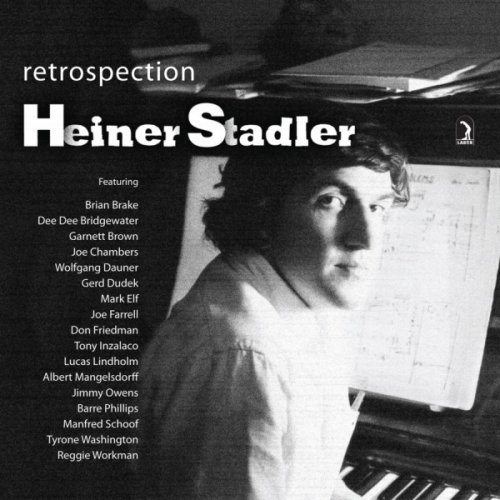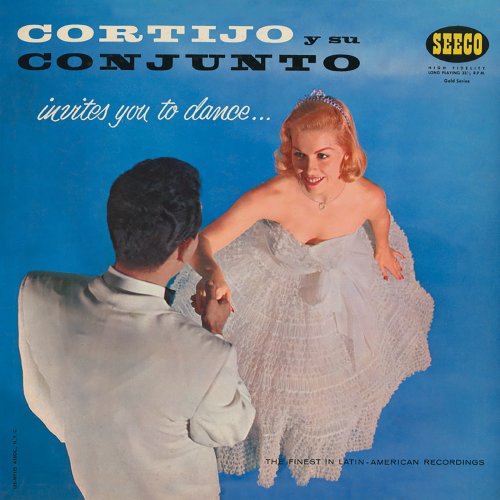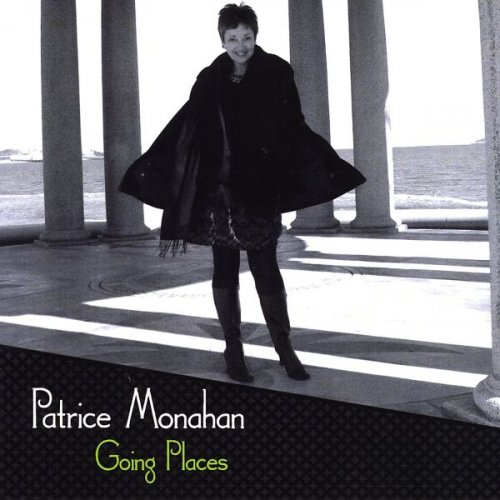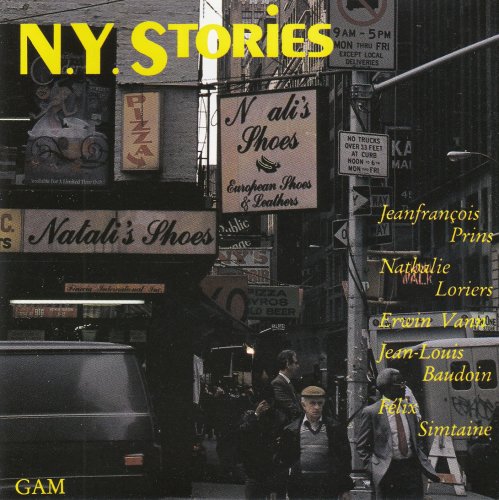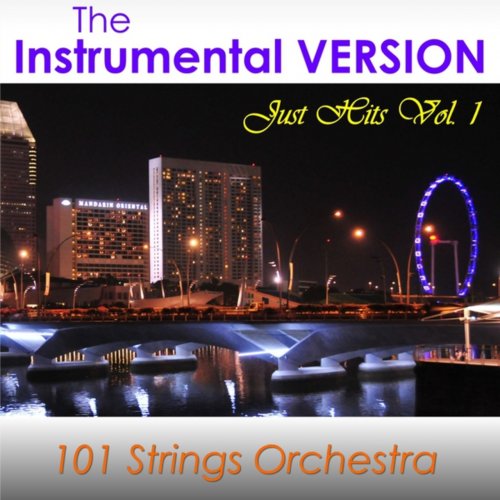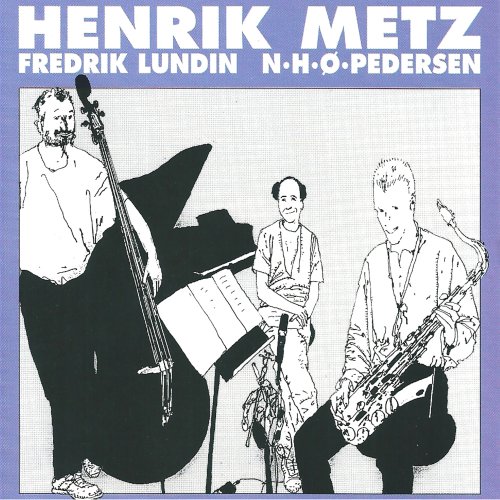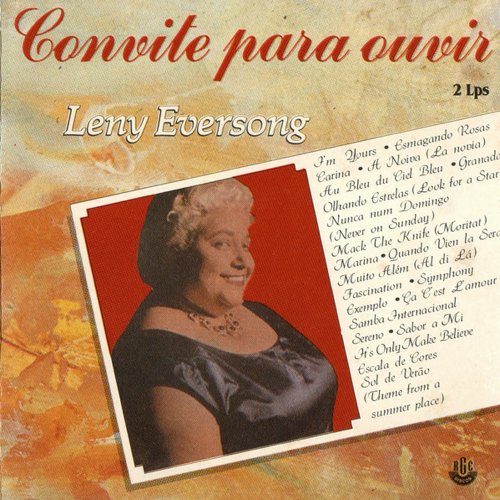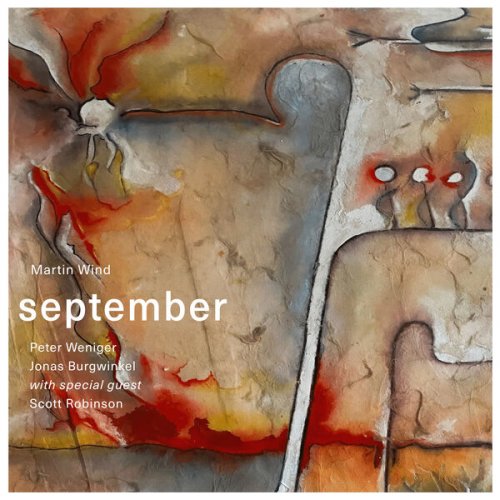Two O'Clock Lab Band & North Texas Jazz - Long Way on a Blues (2023)
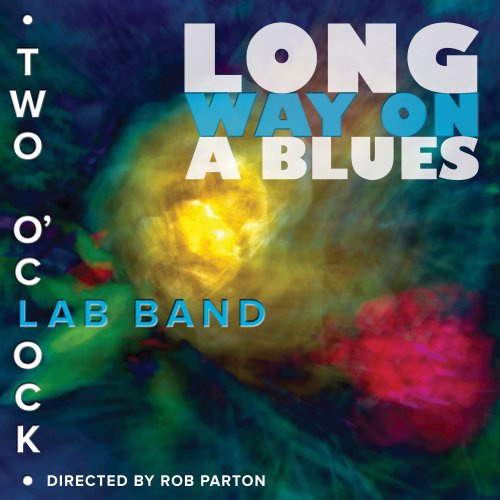
Artist: Two O'Clock Lab Band & North Texas Jazz, Two O'Clock Lab Band, Rob Parton
Title: Long Way on a Blues
Year Of Release: 2023
Label: North Texas Jazz
Genre: Jazz
Quality: FLAC (tracks) / MP3
Total Time: 1:03:28
Total Size: 398 / 152 MB
WebSite: Album Preview
Tracklist:Title: Long Way on a Blues
Year Of Release: 2023
Label: North Texas Jazz
Genre: Jazz
Quality: FLAC (tracks) / MP3
Total Time: 1:03:28
Total Size: 398 / 152 MB
WebSite: Album Preview
01. What Is Happening Here Now?
02. The Touch of Your Lips
03. F.M.
04. Thou Swell
05. Autumn Nocturne
06. And Let There Be-Bop
07. Aunt Hagar's Blues
08. La Luz En Ti (The Light Within You)
09. Long Way on a Blues
The University of North Texas, generally recognized as home to one of the world's leading undergraduate Jazz Studies programs, is essentially set apart from others by the decisive proficiency of its various Lab Bands, led by the One O'Clock and Two O'Clock ensembles (there are half a dozen others). Each band has a large number of albums under its belt, dating back several decades, the most recent of which are the One O'Clock's Lab 2021 and this one, the Two O'Clock Lab Band's Long Way on a Blues.
The album's centerpiece is Rich DeRosa's enterprising "Long Way," but listeners have to travel a long way to arrive there, as it is the last of the session's nine numbers. The song's name deserves some explanation, and who better to do so than the Two O'Clock Lab Band's director, Rob Parton, a UNT alum who once led Chicago's foremost large ensemble, the JazzTech Big Band. "The title," Parton writes, "refers to a significant augmentation of the three essential four-bar phrases within the standard twelve-bar blues form. Each phrase is extended by a factor of eight to create a ninety-six bar form. An embellished chord progression fills each of the three large phrases to create an interesting listening experience as the blues form unfolds in slow motion." In other words, it's a blues—only longer.
Be that as it may, if anyone thought the Two O'Clock would have a problem with that, they were widely off-base. The band takes to the chart like ducks to water, and it is the unequivocal highlight in an album that is otherwise somewhat uneven, not because of the musicianship, which is splendid throughout, but rather because of the selection of music and arrangements, which too often land a measure or two short of persuasive. To add to the imbalance, the instrumentals are bisected by two vocals ("Thou Swell," "Autumn Nocturne") by Paris Varnier, who is acceptable but no more than that (and over-micing doesn't help). The opener, Ray Drummond's breezy "What Is Happening Here (Now)," starts well, with nice solos by pianist August Knobbe and an unnamed trumpet and soprano sax, but at 9:19 overstays its welcome as it fades into tedium.
Knobbe is featured again on Agustin Alonso's unassuming arrangement of the lovely Ray Noble ballad, "The Touch of Your Lips," which precedes the late pianist Lyle Mays' funky "F.M." (again, neatly recited by the ensemble with Knobbe on electric piano). Following the vocals, Knobbe moves to the Hammond B3 to introduce Courtney Wright's mostly light-hearted "And Let There Be-Bop," whose bi-polar approach includes a bright and swinging midsection and coda (another high spot; more of that would have been welcome). W.C. Handy's shuffling "Aunt Hagar's Blues," arranged by Michael Abene, has its engaging moments, thanks in part to incisive alto and (dual) trumpet solos, after which the slow-paced Latin charmer "La Luz en Ti" (sounds like Parton on trumpet) leads to the closing "Long Way." In sum, a generally well-spoken and respectable album that one senses could have been more impressive had the band been given a broader and more appetizing menu from which to choose.
Review By Jack Bowers
The album's centerpiece is Rich DeRosa's enterprising "Long Way," but listeners have to travel a long way to arrive there, as it is the last of the session's nine numbers. The song's name deserves some explanation, and who better to do so than the Two O'Clock Lab Band's director, Rob Parton, a UNT alum who once led Chicago's foremost large ensemble, the JazzTech Big Band. "The title," Parton writes, "refers to a significant augmentation of the three essential four-bar phrases within the standard twelve-bar blues form. Each phrase is extended by a factor of eight to create a ninety-six bar form. An embellished chord progression fills each of the three large phrases to create an interesting listening experience as the blues form unfolds in slow motion." In other words, it's a blues—only longer.
Be that as it may, if anyone thought the Two O'Clock would have a problem with that, they were widely off-base. The band takes to the chart like ducks to water, and it is the unequivocal highlight in an album that is otherwise somewhat uneven, not because of the musicianship, which is splendid throughout, but rather because of the selection of music and arrangements, which too often land a measure or two short of persuasive. To add to the imbalance, the instrumentals are bisected by two vocals ("Thou Swell," "Autumn Nocturne") by Paris Varnier, who is acceptable but no more than that (and over-micing doesn't help). The opener, Ray Drummond's breezy "What Is Happening Here (Now)," starts well, with nice solos by pianist August Knobbe and an unnamed trumpet and soprano sax, but at 9:19 overstays its welcome as it fades into tedium.
Knobbe is featured again on Agustin Alonso's unassuming arrangement of the lovely Ray Noble ballad, "The Touch of Your Lips," which precedes the late pianist Lyle Mays' funky "F.M." (again, neatly recited by the ensemble with Knobbe on electric piano). Following the vocals, Knobbe moves to the Hammond B3 to introduce Courtney Wright's mostly light-hearted "And Let There Be-Bop," whose bi-polar approach includes a bright and swinging midsection and coda (another high spot; more of that would have been welcome). W.C. Handy's shuffling "Aunt Hagar's Blues," arranged by Michael Abene, has its engaging moments, thanks in part to incisive alto and (dual) trumpet solos, after which the slow-paced Latin charmer "La Luz en Ti" (sounds like Parton on trumpet) leads to the closing "Long Way." In sum, a generally well-spoken and respectable album that one senses could have been more impressive had the band been given a broader and more appetizing menu from which to choose.
Review By Jack Bowers
